Microsoft's penalties with the European Union continue to grow, as the organization hit the Windows maker with another 561-million euro fine on Wednesday.
In all, Microsoft will have paid 2.24 billion euros in penalties assessed by the EU in the last decade, according to The Independent. The latest fine asserts that Microsoft has failed to provide Windows customers with alternative browsers to its own Internet Explorer.
In a settlement with the EU in 2009, Microsoft agreed to offer customers easy access to competing browsers such as Mozilla Firefox and Google Chrome. But 28 million machines running Windows 7 Service Pack 1 were not given a browser choice, leading to Wednesday's fine.
The terms of the agreement required Microsoft to give users a choice of the 12 most widely used browsers. Among those is Apple's Safari browser, which remains available for Windows, but has not been updated to Safari 6 like its Mac OS X counterpart.
Following the announcement of Microsoft's latest fine, the EU issued a warning to other companies to not violate legally binding agreements, or else "face the consequences," said Joaquin Almunia, the EU's competition commissioner.
"I hope this decision will make companies think twice before they even think of intentionally breaching their obligations or even of neglecting their duty to ensure strict compliance," he said.
Microsoft issued a statement noting that the company has apologized for the error. It previously blamed the disappearance of the so-called "browser ballot" on a technical error.
Last year, the EU had set its sights on Apple and other book publishers over price fixing allegations. That probe was ended in late 2012 after regulators accepted a deal from those being investigated. However, Apple remains a target of the U.S. Department of Justice over the same allegations.
 Sam Oliver
Sam Oliver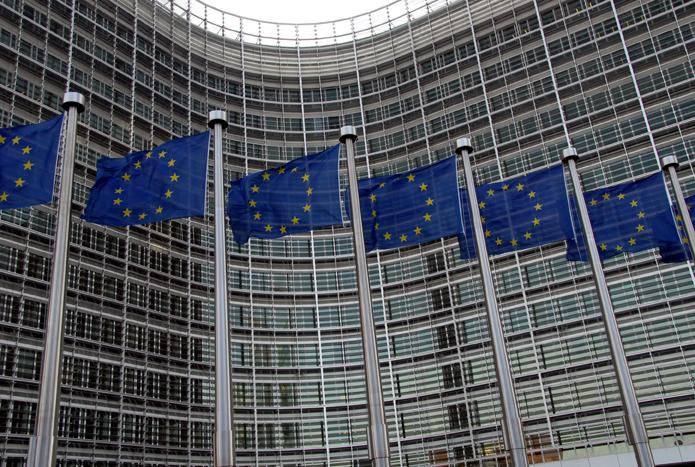


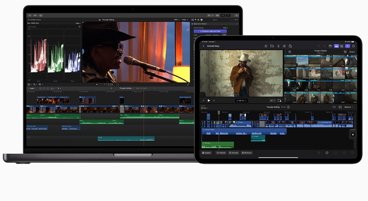
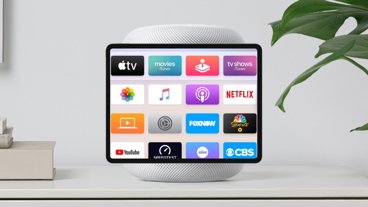



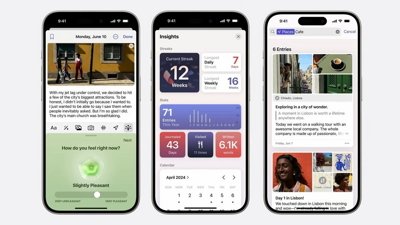
 Charles Martin
Charles Martin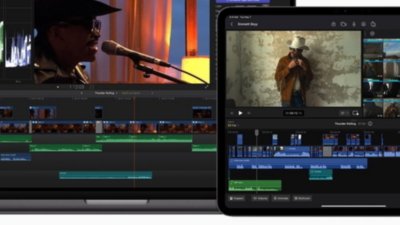
 Marko Zivkovic
Marko Zivkovic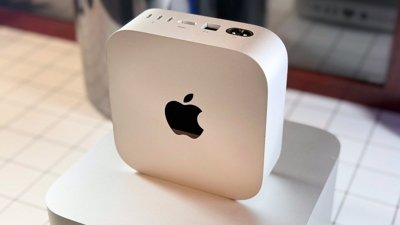
 Mike Wuerthele
Mike Wuerthele
 Malcolm Owen
Malcolm Owen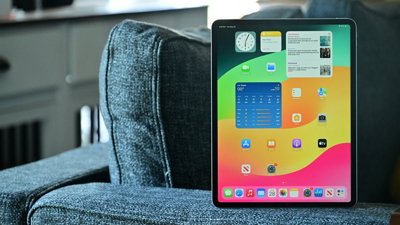
 Andrew Orr
Andrew Orr
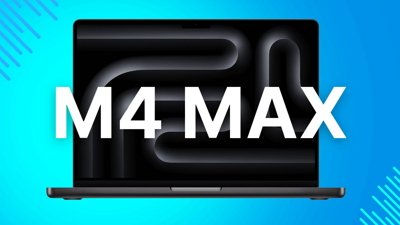
 Christine McKee
Christine McKee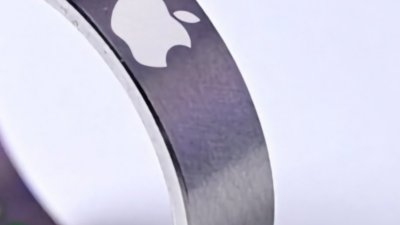
 William Gallagher
William Gallagher
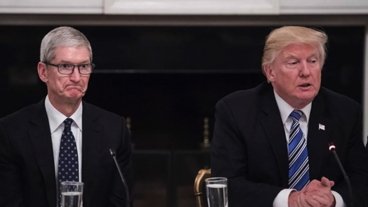






56 Comments
I would understand if this was the original antitrust issue with Netscape but I think it's foolish to require to sell an OS with the options built in. Especially 12 different options which I find ridiculous. If you really want to use a different browser you can use IE to download it just as you can use Safari on OS X to do the same, or various Linux distros that only came with one browser pre-installed. This appears to be using MS to set an example. I don't care for this tactic in the courts. Each case should be fair and balanced for that case, not trying to prevent others from breaking the "law" by being extra harsh to one defendant.
I would understand if this was the original antitrust issue with Netscape but I think it's foolish to require to sell an OS with the options built in. Especially 12 different options which I find ridiculous. If you really want to use a different browser you can use IE to download it just as you can use Safari on OS X to do the same, or various Linux distros that only came with one browser pre-installed.
This appears to be using MS to set an example. I don't care for this tactic in the courts. Each case should be fair and balanced for that case, not trying to prevent others from breaking the "law" by being extra harsh to one defendant.
Given that MS is not the monopoly it used to be, I agree this is silly (and since we are talking about almost a billion dollar fine, really not kosher).. As you point out, Apple only ships Safari with OS X, but I am not sure that Safari has a great (if any) lead over chrome on the Mac (overall, Chrome seems to be the in the lead, see http://www.w3counter.com/globalstats.php, but the browser numbers are not broken out by OS). Clearly, IE is not losing the browser wars to Chrome et al.
I would understand if this was the original antitrust issue with Netscape but I think it's foolish to require to sell an OS with the options built in. Especially 12 different options which I find ridiculous. If you really want to use a different browser you can use IE to download it just as you can use Safari on OS X to do the same, or various Linux distros that only came with one browser pre-installed.
This appears to be using MS to set an example. I don't care for this tactic in the courts. Each case should be fair and balanced for that case, not trying to prevent others from breaking the "law" by being extra harsh to one defendant.
I tend to agree with your last paragraph.
I think Microsoft is going to face this issue for the foreseeable future as Windows still dominates the desktop. At some point they may be able to argue that tablets are also part of the greater "PC" space and thus they don't have a monopoly, but until then, they'll have to offer up choices of browser (which is what they got in trouble for before, bundling IE and therefore monopolizing the desktop browser space due to their desktop monopoly).
The EU likes to hand down big fines. Just wait until Samsung has to pay up for their abuse of FRAND patents against Apple. I think the MS fines (and Samsungs previous fines) are going to look like a good deal compared to what's coming.
This appears to be using MS to set an example. I don't care for this tactic in the courts. Each case should be fair and balanced for that case, not trying to prevent others from breaking the "law" by being extra harsh to one defendant.
Couldn't agree more.
In the meantime, it is laughable to see how easily Google is able to run roughshod over these eurocrats....